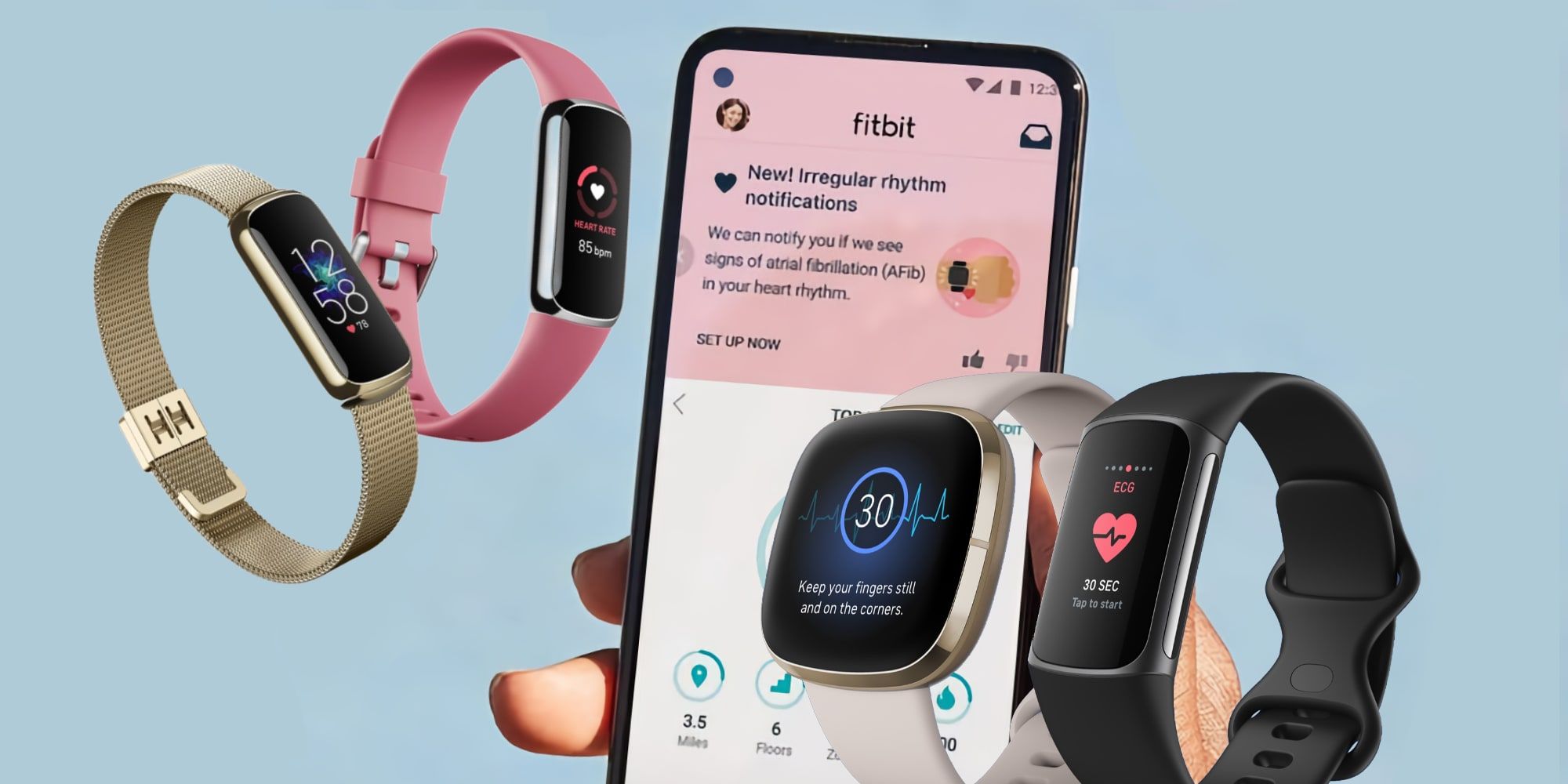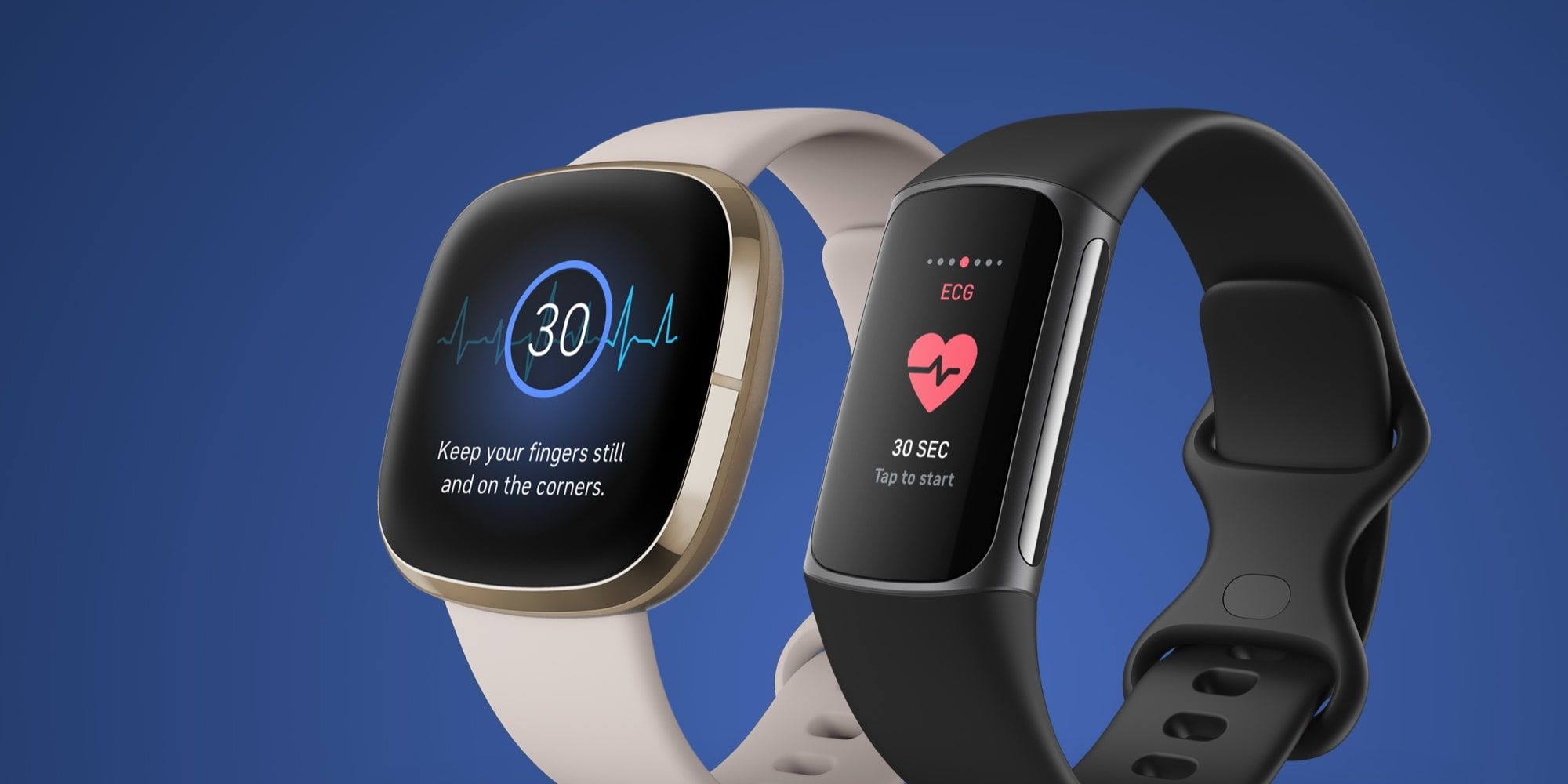Google recently announced that atrial fibrillation (AFib) detection would soon become available on more Fitbit devices, a remarkable achievement since only two of these wearables have electrocardiogram (ECG) sensors. AFib is an irregular heart rhythm that could indicate a problem that needs to be checked out by a doctor. In some cases, early detection of AFib can save lives, so it's a vital health feature.
A study that Fitbit began in 2020, which could allow AFib detection on a wide range of wearables, has been completed, and the results show a high level of accuracy. The fantastic thing is that the devices used only the PPG (photoplethysmogram) heart rate sensors for detection instead of the more expensive ECG sensor. The Fitbit wearables tested in the original study include the Fitbit Ionic, Fitbit Versa, Charge 3, Charge 4 and Inspire HR.
A recent Google blog post shared that Fitbit has received clearance from the U.S. Food and Drug Administration (FDA) to bring AFib detection to more Fitbit devices, even some models that don't have ECG capability. Here's how that works. With every heartbeat, blood vessels throughout the body expand and contract to respond to changes in blood flow and volume. Compatible Fitbit PPG heart-rate sensors can send light pulses to read the reflected light, detecting these blood volume changes in the wearer's wrist. By analyzing these signals, the user's heart rhythm can be determined. Fitbit's detection algorithm can compare the results to normal heart rhythm to identify irregularities and potential signs of atrial fibrillation. This is done overnight, which is the ideal time to perform this measurement.
Which Fitbit Wearables Detect AFib?
A Fitbit smartwatch or tracker with ECG capability can do a spot check of heart rhythm, potentially identifying AFib at that moment. The Fitbit Sense series and Fitbit Charge 5 have ECG sensors to perform this test whenever the user wants to check. However, the best time to check for AFib is during sleep when the body is calmer and still, allowing for greater accuracy and measurements taken over a longer period.
That is the unique benefit of this new PPG AFib detection, a lower power method that can run for more extended periods without draining the battery as much. Unfortunately, Google hasn't specified which Fitbit smartwatches and trackers will be able to take advantage of this new capability. However, the medical study used devices as old as the Fitbit Ionic, which was released in 2017, so Google could expand the number of models with AFib detection considerably.


